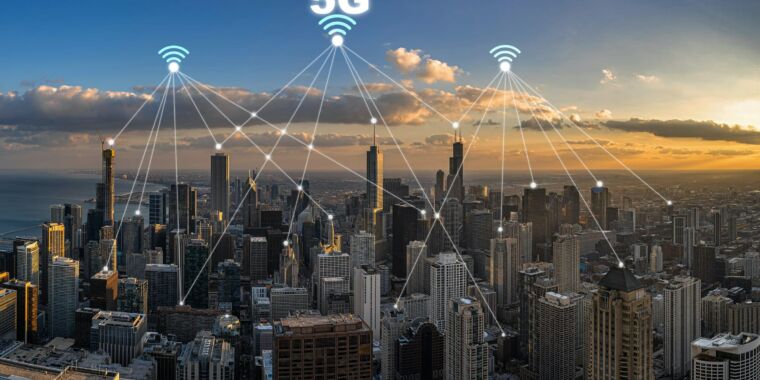ID think stand-alone GPS units should be fine... since all their data comes from timing with satellites... and nothing to do with the cell system....
Exactly.
...military and commercial GPS receivers can rely on ground based (terrestrial) stations to supplement the satellites for greater reliability and accuracy.
What you are referring to when you mention "ground based (terrestrial) stations" is
differential GPS, also known as GBAS (
Ground
Based
Augmentation
Service). The type of GPS navigators that we use in automobiles, motorcycles, and smartphones don't use GBAS. GBAS is an expensive, specialty system that is only used by people who need really high precision (surveyors, farmers planting row crops, etc.) Higher-end GPS navigators used in aircraft - and even some of the higher end navigators that Garmin makes for vehicles - use a different augmentation system called SBAS (
Satellite
Based
Augmentation
Service). SBAS can improve accuracy to about 10 feet, GBAS can improve accuracy to about 1 inch.
SBAS covers entire continents, GBAS doesn't reach much further than line of sight (about the same range as FM radio).
Smartphones frequently check in with local cell phone towers to get a quick and rough determination of where the cellphone is, this so the user does not have to wait for the cellphone (which was probably in their pocket until a few seconds ago) to pick up the signals from the GPS satellites. The introduction of 5G service will not harm this, in fact, it will probably result in an even faster and more accurate estimate of current position, provided that the smartphone can use the 5G signals.
But (and this is the only way I think your friend could possibly make sense), once 5G becomes commonplace, 3G will get phased out (it's already being phased out in some countries), and if someone has an older smartphone that is not capable of accessing 4G or 5G networks, then they will suffer until the smartphone gets a fix from the GPS constellation. But that will be the least of their problems, because they won't be able to make phone calls, send texts, or access internet either.
Michael


